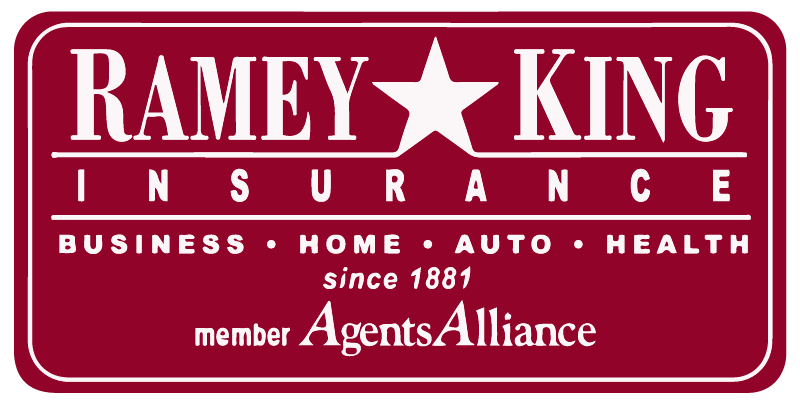
The holidays are upon us! And while the holidays mean lots of celebration, family, food and decorations, it’s important to be cognizant of the hazards and safety issues surrounding this time of year. During the winter, nearly 47,999 fires occur, claiming more than 500 lives and causing more than 2,200 injuries. It can also cost an upward of $554 million in property damage (National Fire Protection Association, NFPA). The increased use of candles, fireplaces, and combustible decorations mean more risk for fire. It is critical that you, your employees and tenants know the property rules and regulations as they relate to the holiday fire safety for your business or organization.
Candle Fire Safety
Candle fire provides a warm and cozy atmosphere, perfect for long winter nights. However, more than one-third of home decoration fires are started by candle, according to the NFPA. You can take precautionary measures to protect your home and business by limiting or prohibiting open flame candles and instead, swapping them for battery operated candles. By doing this, you’re also eliminating potential burns from hot wax.
If one must use open flame candles, the NFPA recommends implementing the following safety tips:
- Blow out all candles upon leaving the room or going to bed
- Avoid using candles in the bedroom or other areas where people may fall asleep
- Never leave children unattended around an open-flame candle
- Keep candles at least 12 inches away from any decorations that can burn
- Light candles carefully, keeping hair and any loose clothing away from the flame
- Only use candle holders that are sturdy and difficult to tip over
- Candle holders should be placed on an orderly and sturdy surface
- Don’t burn the candle all the way down. Candles should be put out before they get close to the holder
- Never use a candle if oxygen is used in the home or building
Turkey Fryer Safety
If you haven’t had fried turkey, you really haven’t lived. But along with this delicious way of cooking, turkey fryers have also become a new source for holiday fires. The Consumer Product Safety Commission reports 216 fires/scald/burn incidents involving turkey fryers occurred in the last two decades resulting in $9.7 million dollars in property loss. When frying a turkey, follow these best practices:
- Always ensure your turkey is thawed and dry
- Set the fryer up at least 10 feet from the building on level ground
- Keep hand protection available as the lid and handle often become too hot to handle
- Keep a fire extinguisher present
Christmas Tree Fire Prevention
Last but not least, the wonderful Christmas tree. Christmas trees are often a great source of fun and memories, especially fresh trees. We recommend using the following best practices to maintain Christmas tree safety:
- Keep trees at least three feet from heat sources (fireplaces, radiators, etc.)
- Only use lights tested by a qualified testing laboratory and designed specifically for indoor or outdoor use
- Always turn off the lights when you leave for the day or place them on a timer
- Keep your tree waters, topping off the reservoir daily
- Never use lit candles at tree decorations
Other Safety Considerations
Ensure all smoke alarms and carbon monoxide detectors are working properly and that all emergency exits are kept clear, especially in advance of any special events.
While this might seem like a negative holiday post, we want our readers and customers to be completely safe this holiday season. Utilizing these best practices is a way to keep everyone safe and still enjoy the festivities of this holiday season.



